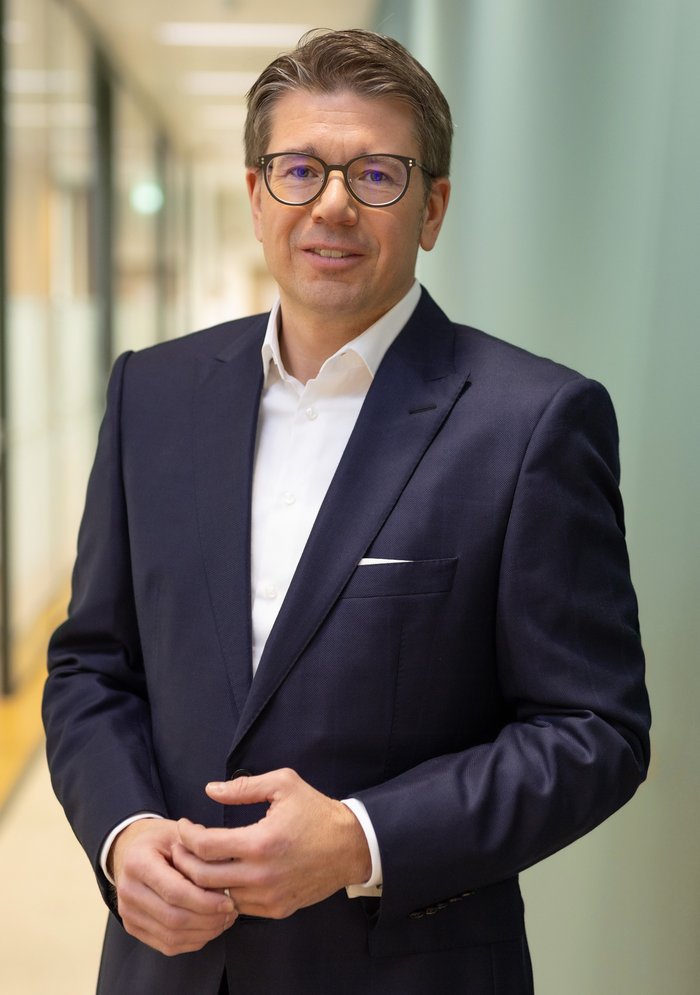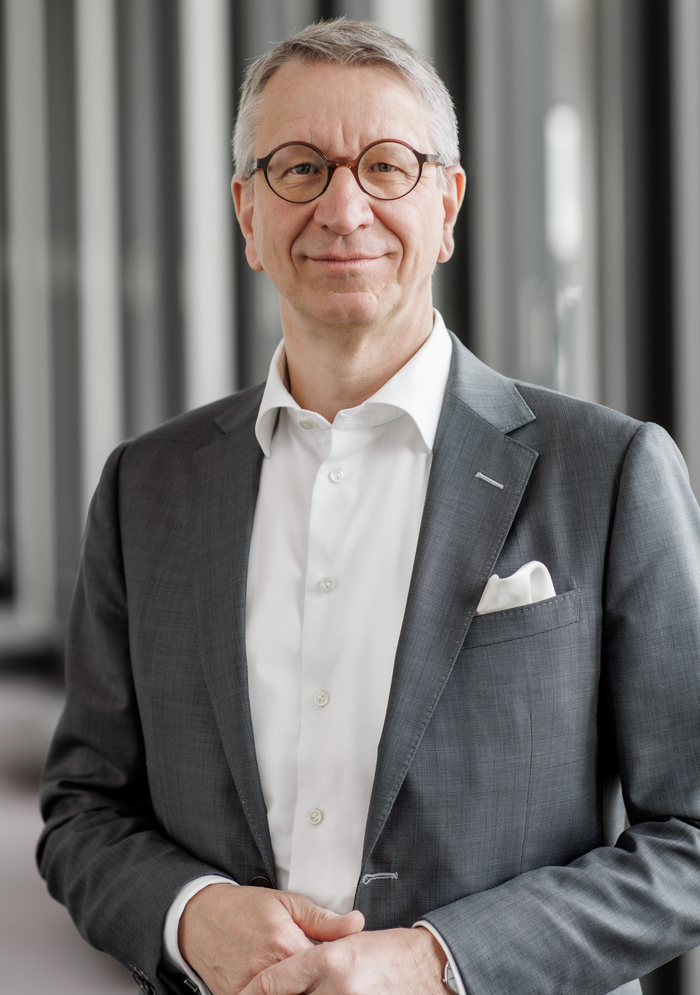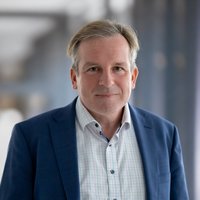

Bank loans alone are not enough to finance the transformation of the economy. With KlimaVest, Commerz Real operates an infrastructure fund that finances sustainable assets, in particular the construction and operation of wind and solar energy plants, as an impact fund and is aimed at private investors. Fin.Connect.NRW spoke to Dirk Holz and Dirk Drews about Commerz Real's experience with this and the regulatory obstacles that exist. As Head of Retail Distribution, Dirk Drews is responsible for Klimavest sales, among other things, while Dirk Holz heads the fund company Commerz Real Fund Management in Luxembourg, which manages Klimavest, among others.
Fin.Connect.NRW: How has KlimaVest been received by investors?
Dirk Holz: KlimaVest is now in its fourth year and the investment volume already amounts to more than 1.3 billion euros. Around 22,000 investors have already invested, which can be considered extremely successful in view of the very restrictive investment criteria.
Dirk Drews: The distribution of such a fund is indeed very challenging. Infrastructure funds under the umbrella of a European Long Term Investment Fund have so far been strictly regulated; investors must prove that they have assets of more than 100,000 euros and the minimum investment is 10,000 euros. In addition, it must be demonstrated in a consultation that the investment is suitable for the customer. Without such advice - unlike with shares, for example - an investment is not possible.
Fin.Connect.NRW: KlimaVest is one of the so-called ELTIFs (European Long Term Investment Funds), which are soon to be reformed. What would you like to see?
Dirk Drews: In any case, it would be desirable if accessibility to the funds were increased by enabling customers to decide to invest - even without extensive advice - in the same way as with equity funds. In addition, a more standardized design of the ELTIFs would be helpful, especially in order to be able to offer truly European products.
Dirk Holz: The funds sometimes differ considerably in other European countries, which of course also has to do with local habits. For many German investors, for example, availability at any time is very important, whereas in Italy or France mandatory minimum holding periods are generally accepted. Nonetheless, a lot would be gained if the products were more standardized.
Fin.Connect.NRW: What's next for infrastructure funds, will the market become even more relevant?
Dirk Drews: The market will continue to grow; other providers have now also launched infrastructure funds for private investors. The fund volume of KlimaVest is also set to increase further, and in future we will also invest in other renewable energies and infrastructure in addition to solar and wind power. The launch of a second fund for private investors is not planned in the short term.
Dirk Holz: In addition to the private investor segment, the institutional segment offers a lot of potential. Large insurance companies or pension funds would like to further expand their involvement in the infrastructure sector and participate in the opportunities via special funds, for example. Both in Germany and in Europe as a whole, the ELTIF market is likely to grow strongly with institutional investors in addition to private investors.
